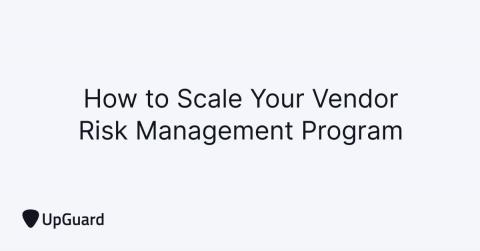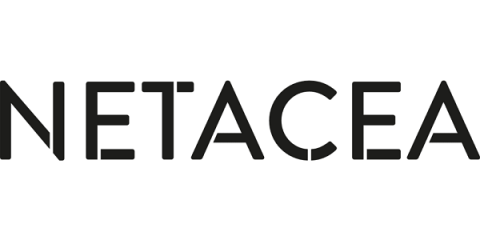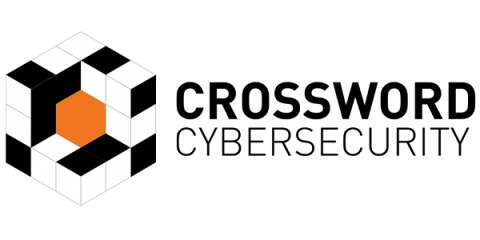What a Modern Privileged Access Management (PAM) Solution for Cloud-Native Applications Looks Like
Privileged Access Management (PAM) is a go-to solution to prevent privilege misuse and insider threats, and limit malware propagation. After all, properly protecting and monitoring the keys to the kingdom is always a good practice. Privileged Access Management has been even more critical in recent times. With the advent of the cloud where infrastructure is provisioned with a single API call and authenticated with a single API key, the risk of someone misusing these credentials is far higher.











